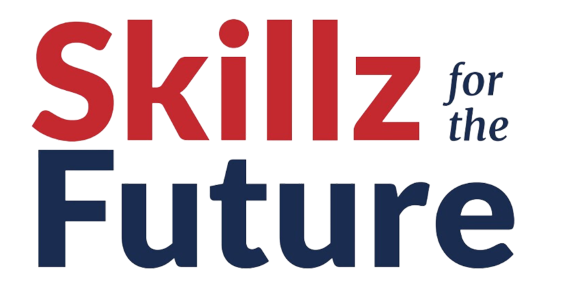Understanding the intricacies of organisational politics is not merely a skill reserved for cunning manipulators; rather, it is a key element of empathy and emotional intelligence. Political awareness, a subset of emotional intelligence, goes beyond deciphering public policies and government agendas. In essence, it involves grasping the subtle currents and power dynamics within an organisation.
Organizational politics, prevalent in any group or team, transcends formal hierarchies and revolves around power relationships. It delves into questions like: How are decisions truly made? Who holds the decision-making power? And who implements those decisions? Contrary to its name, organisational politics is not about playing games; it’s about understanding and navigating the intricate web of power relationships.
Political Awareness and Its Link to Commercial Awareness Simon Baddeley and Kim James, distinguished experts in the field, proposed a model of political skills with two crucial dimensions:
‘Reading’ Dimension:
Politically Aware: Individuals adept at understanding organisational processes, hidden agendas, power locations, and culture. Baddeley and James, experts in organisational dynamics, highlighted the importance of recognising these aspects for effective political awareness.
Politically Unaware: Those oblivious or unwilling to recognise these nuanced aspects.
This dimension gauges an individual’s awareness of the politics within the organisation.
‘Carrying’ Dimension:
Acting with Integrity: Individuals who use their
understanding responsibly. Baddeley and James emphasised the significance of integrity in political behaviour, pointing towards responsible use of political acumen.
Playing Psychological Games: Those who engage in manipulative behaviours. Baddeley and James stressed the potential harm in manipulative behaviour within organisational politics.
This dimension modifies the ‘clever/innocent’ scale, creating four states: clever, innocent, wise, and inept, each represented by an animal.
The Wisdom of ‘Wise’ Behavior: A Closer Look at Baddeley and James’ Model
The pinnacle of political awareness is ‘wise’ behaviour, akin to an owl. Wise individuals, as highlighted by Baddeley and James, create win-win situations during complex political moments. They navigate organisational politics without causing harm to others, fostering an environment conducive to effective collaboration.
Baddeley and James emphasise that their model is about behaviour, not personality. Both dimensions of political awareness can be learned and developed as skills.
Developing ‘Wise’ Behavior: Practical Steps
Wise behaviour, as proposed by Baddeley and James, stems from combining awareness and integrity. To enhance these behaviours:
Improve Reading Skills:
Enhance communication skills, particularly listening and understanding non-verbal cues.
Learn from both verbal and non-verbal cues to gain a comprehensive understanding of organisational dynamics. Avoid Interpretation Traps:
Familiarise yourself with the Ladder of Inference to
prevent misconceptions about others’ intentions.
Embrace Integrity:
Explore the importance of integrity through resources on moral compass and living well. Baddeley and James underscored the role of integrity in political behaviour, emphasising its centrality in fostering a positive workplace environment.
Handle Situations Effectively:
Work on tact, diplomacy, and assertiveness, as
highlighted by Baddeley and James.
Refine communication skills in difficult situations to
navigate organisational challenges effectively.
In conclusion, political awareness, as illuminated by Baddeley and James, is not a Machiavellian pursuit but a valuable skill contributing to collaboration and organisational success. Developing ‘wise’ behaviour, inspired by their model, not only enhances individual effectiveness but also cultivates a positive and harmonious work environment.
